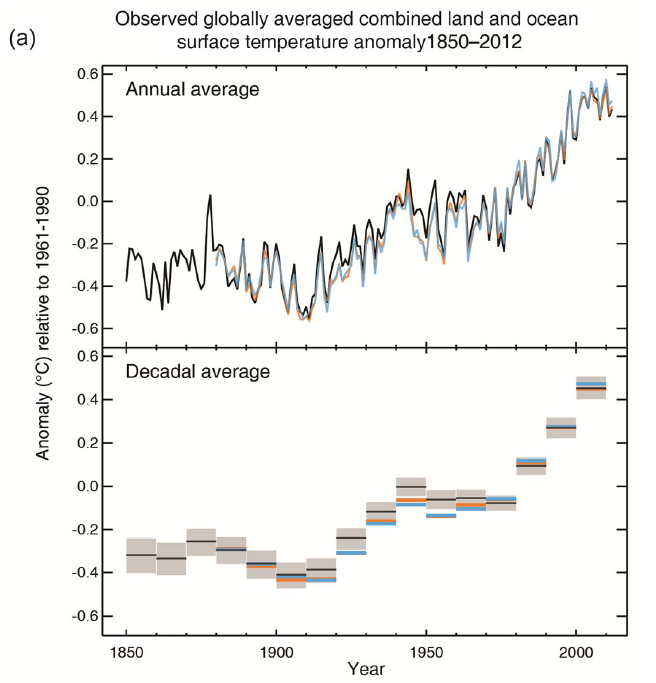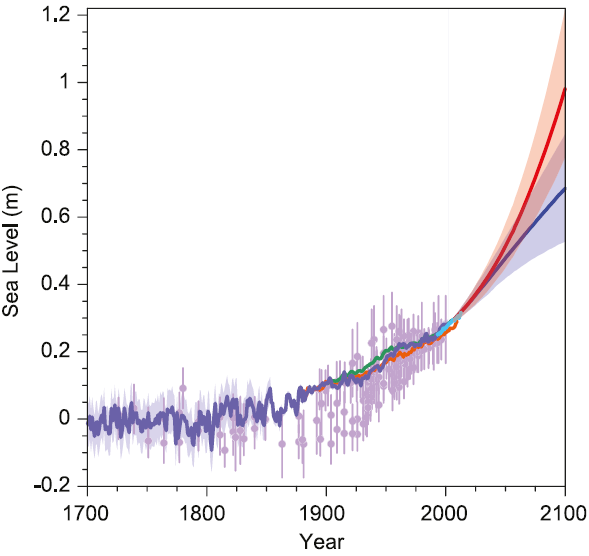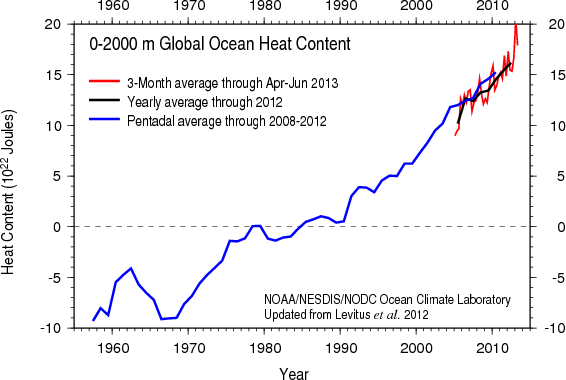The second part of the new IPCC Report has been approved – as usual after lengthy debates – by government delegations in Yokohama (Japan) and is now public. Perhaps the biggest news is this: the situation is no less serious than it was at the time of the previous report 2007. Nonetheless there is progress in many areas, such as a better understanding of observed impacts worldwide and of the specific situation of many developing countries. There is also a new assessment of “smart” options for adaptation to climate change. The report clearly shows that adaptation is an option only if efforts to mitigate greenhouse gas emissions are strengthened substantially. Without mitigation, the impacts of climate change will be devastating.
Guest post by Wolfgang Cramer
[Read more…] about Impacts of Climate Change – Part 2 of the new IPCC Report has been approved




